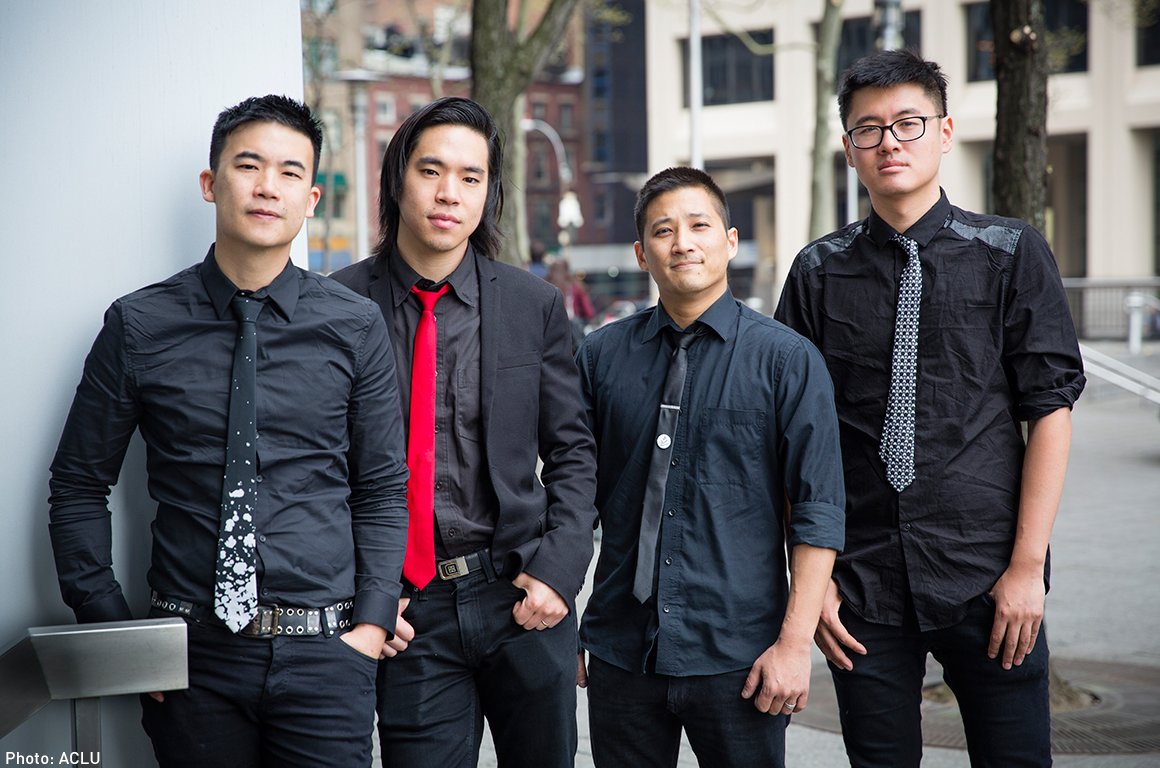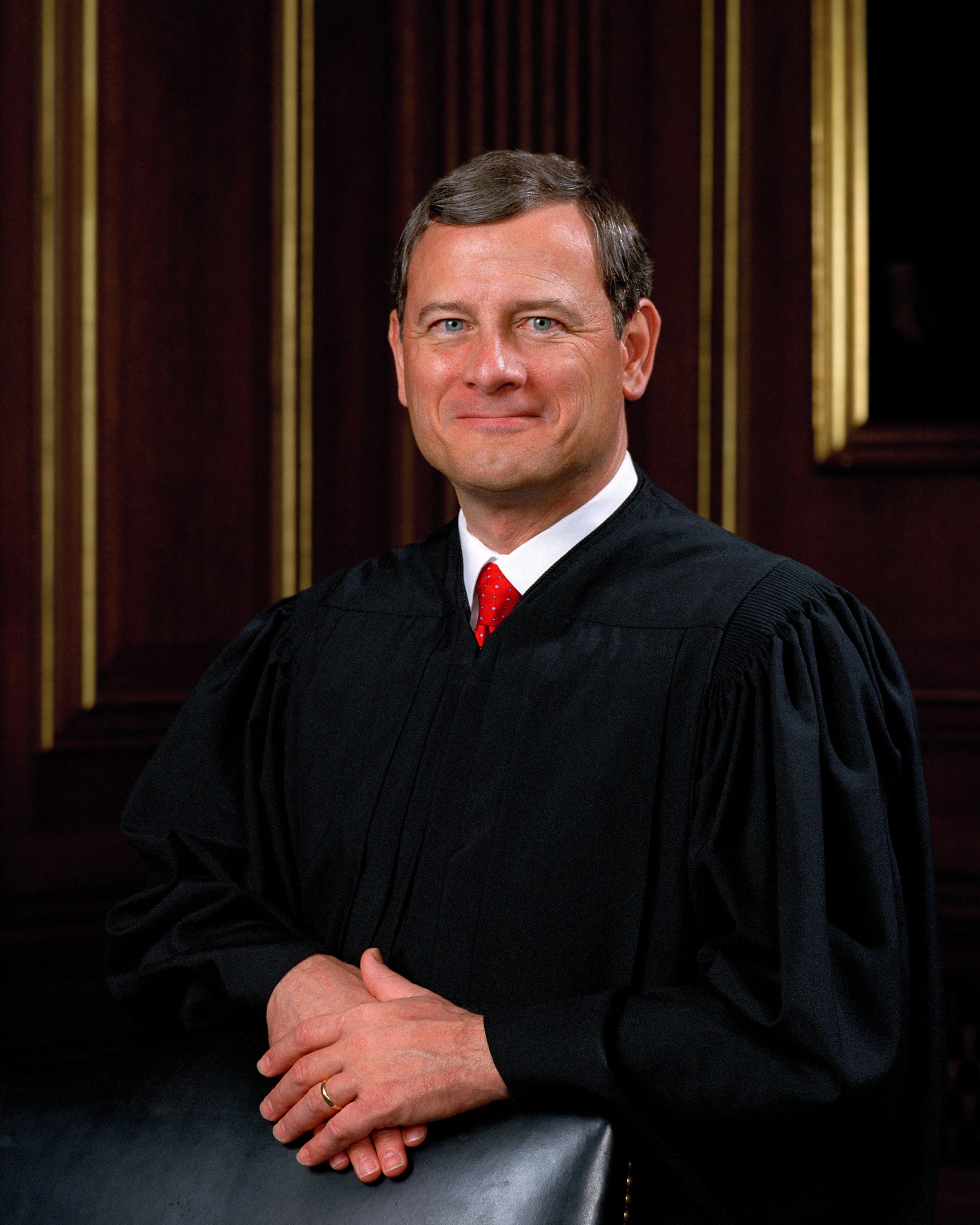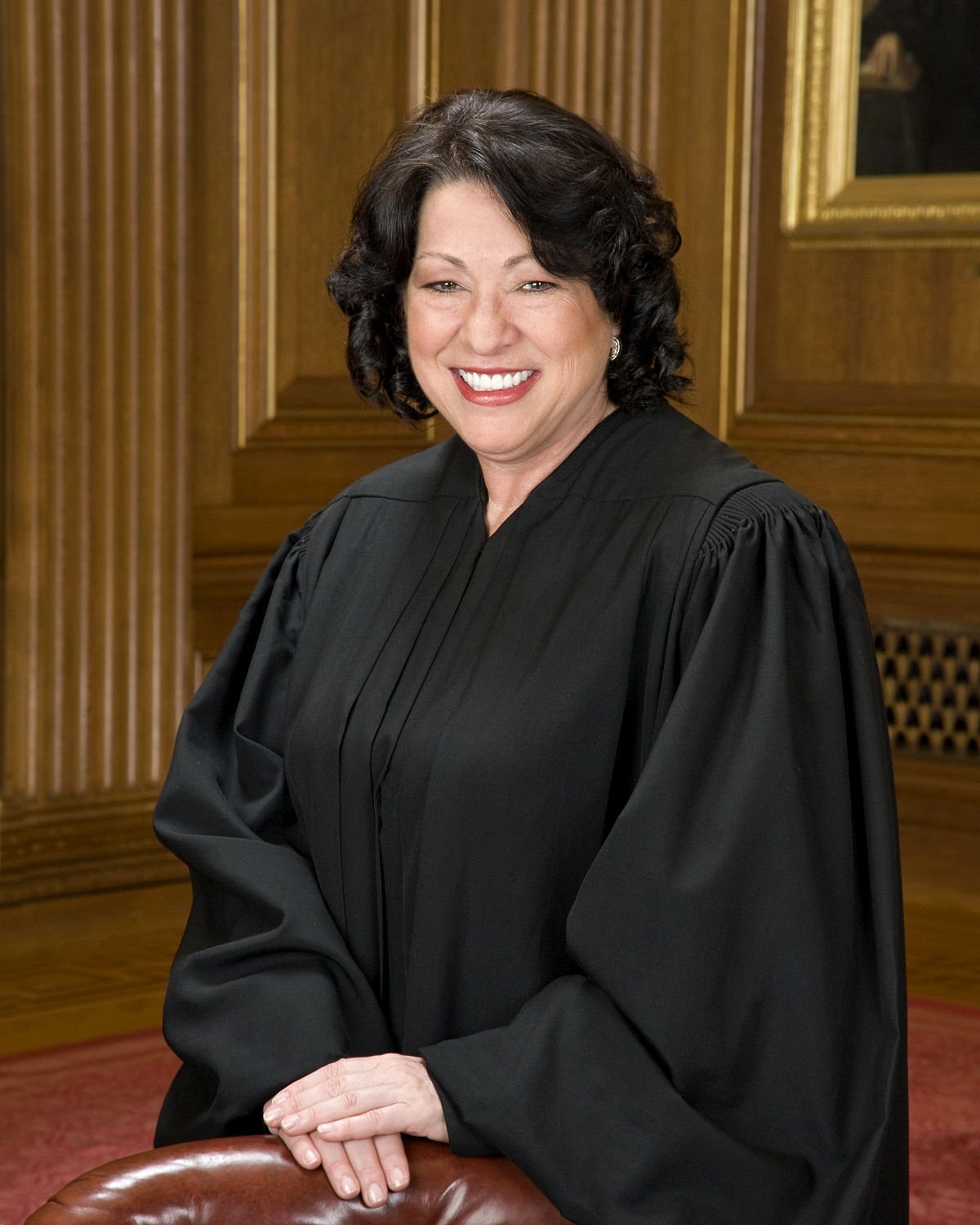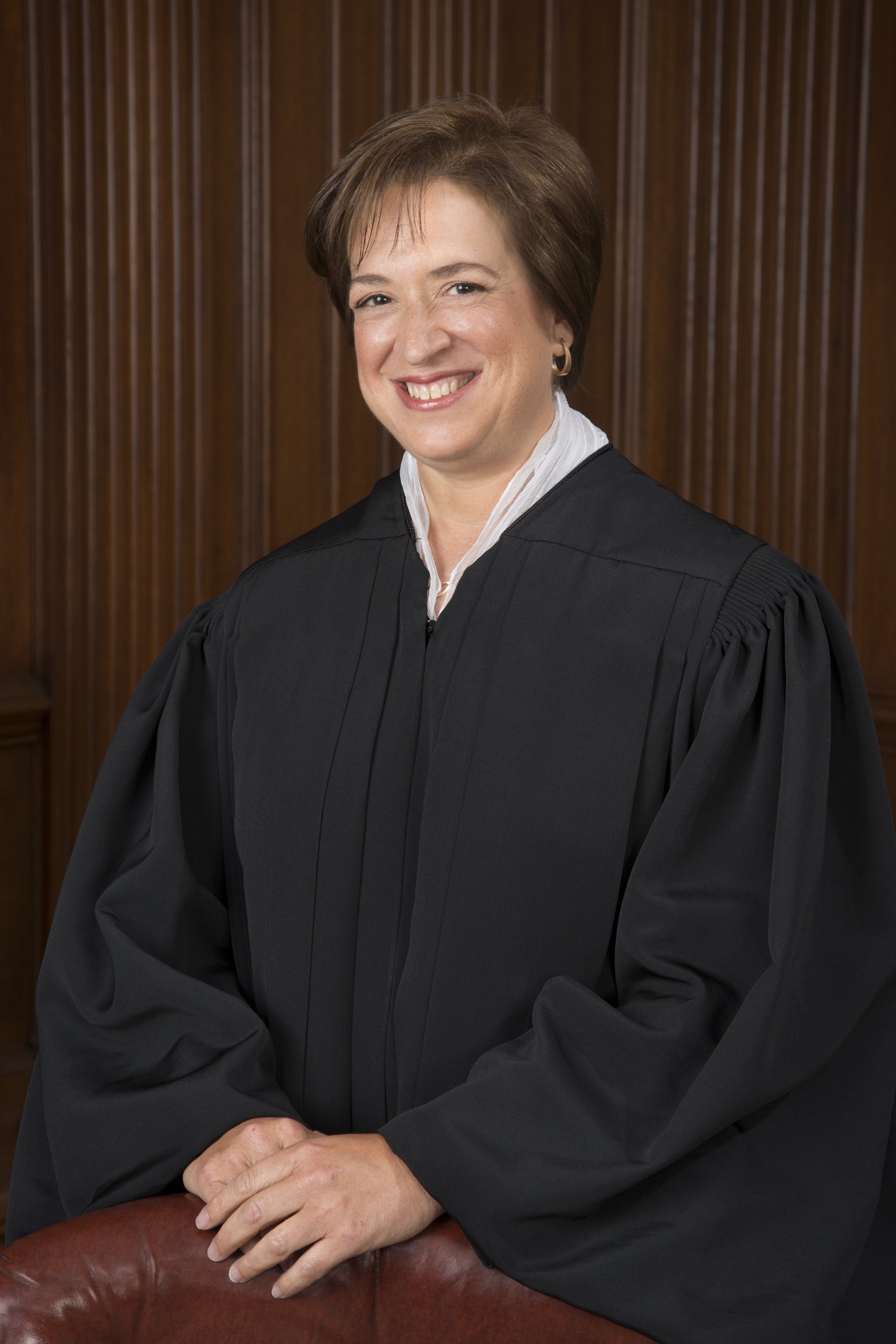Matal v. Tam
Case Overview
CITATION
582 U.S. 218 (2017)
ARGUED ON
January 18, 2017
DECIDED ON
June 19, 2017
DECIDED BY
Legal Issue
Is the Disparagement Clause of the Lanham Act, which prohibits potentially disparaging trademarks, a violation of the First Amendment?
Holding
Yes, the Disparagement Clause’s prohibition of potentially disparaging trademarks violates the First Amendment.
Background
In 2010, an Asian-American band founded by Samuel Tam attempted to register the name “The Slants” with the U.S. Patent and Trade Office. Their application was initially denied by the patent office, who cited the Disparagement Clause of the Lanham Act of 1946 prohibiting trademarks that contain material that may disparage an individual or entity. Tam appealed, arguing that his band was reclaiming the negative stereotypes associated with the name and that his First Amendment rights were violated by the Disparagement Clause. The patent office’s decision was upheld by a second review from the same office, so Tam again appealed to the U.S. Court of Appeals for the Federal Circuit in DC. The Court of Appeals initially upheld the patent office’s decision, but they ultimately reversed their judgment in an en banc hearing. The U.S. Patent and Trade Office subsequently appealed the case to the Supreme Court.
Chinese Rock Band, “The Slants” | Credit: ACLU
Summary
8 - 0 decision for Tam
Matal
Tam
Roberts
Thomas
Kennedy
Kagan
Alito
Ginsburg
*Gorsuch
Sotomayor
Breyer
* Justice Gorsuch did not participate in the discussion or decision of this case.
Opinion of the Court
Writing for the Court, Justice Samuel Alito reasoned that the Disparagement Clause was unconstitutional under the First Amendment because it failed to provide a legitimate interest for its encroachment of the right to free speech. In determining this, Alito responded to the two arguments proposed in favor of the clause by the U.S. Patent and Trade Office. First, they argued that the clause prevents underrepresented groups from being “bombarded with demeaning messages in commercial advertising” and encourages racial tolerance in the marketplace. Alito responded that the goal of obtaining a more accepting or tolerant environment and that this idea goes against the purpose of the First Amendment. He wrote, “Speech that demeans on the basis of race, ethnicity, gender, religion, age, disability, or any other similar grounds is hateful; but the proudest boast of our free speech is jurisprudence is that we protect the freedom to express the thought that we hate.”
The petitioners also argued that the Disparagement Clause was essential to protect the flow of commerce by preventing disparaging trademarks that could potentially interfere with the market. Alito pushed back on this idea, however, pointing out that the commercial market already has a number of products and trademarks that could be seen as disparaging and that the fundamental right to free speech outweighs the patent office’s attempt to limit speech without a legitimate interest. Alito writes, “If affixing the commercial label permits the suppression of any speech that may lead to political or social ‘volatility,’ free speech could be endangered…” Ultimately, Alito held that the prohibition of speech in this case failed to pass the standard established in Central Hudson Gas & Electric v. Public Service Commission of New York (1980). Under the Central Hudson review, the government must establish a narrowly drawn and substantial interest in order to prohibit speech. As he explained in his opinion, the Disparagement Clause does not meet either standard and is thus unconstitutional.
“But the proudest boast of our free speech jurisprudence is that we protect the freedom to express the thought we hate.”
— Justice Alito
Concurring Opinion by Justice Thomas
Justice Clarence Thomas concurred with the majority of Alito’s opinion but explained that he wrote a separate opinion because he “continue[s] to believe that when the government seeks to restrict truthful speech in order to suppress the ideas it conveys, strict scrutiny is appropriate, whether or not the speech in question may be characterized as ‘commercial.’” Thomas concluded by agreeing with Alito’s holding, stating that the Disparagement Clause does not pass the Central Hudson test and is thus unconstitutional.
Concurring Opinion by Justice Kennedy
In his concurring opinion, Justice Anthony Kennedy explained that the commercial market does not have a blanket exemption from the First Amendment. Kennedy quoted Justice Holmes’ opinion in Abrams v. United States (1919), in which he held that “the power of thought” should be able to compete in the free market. Additionally, he wrote that when it comes to trademarks, “the metaphorical marketplace of ideas becomes a tangible, powerful reality.” Kennedy also argued that the ability to compete in the free market is a concept found in common law and historical tradition, outside the authority of the Federal Government. Justice Kennedy concluded, writing that “to permit viewpoint discrimination in this context is to permit Government censorship…”










